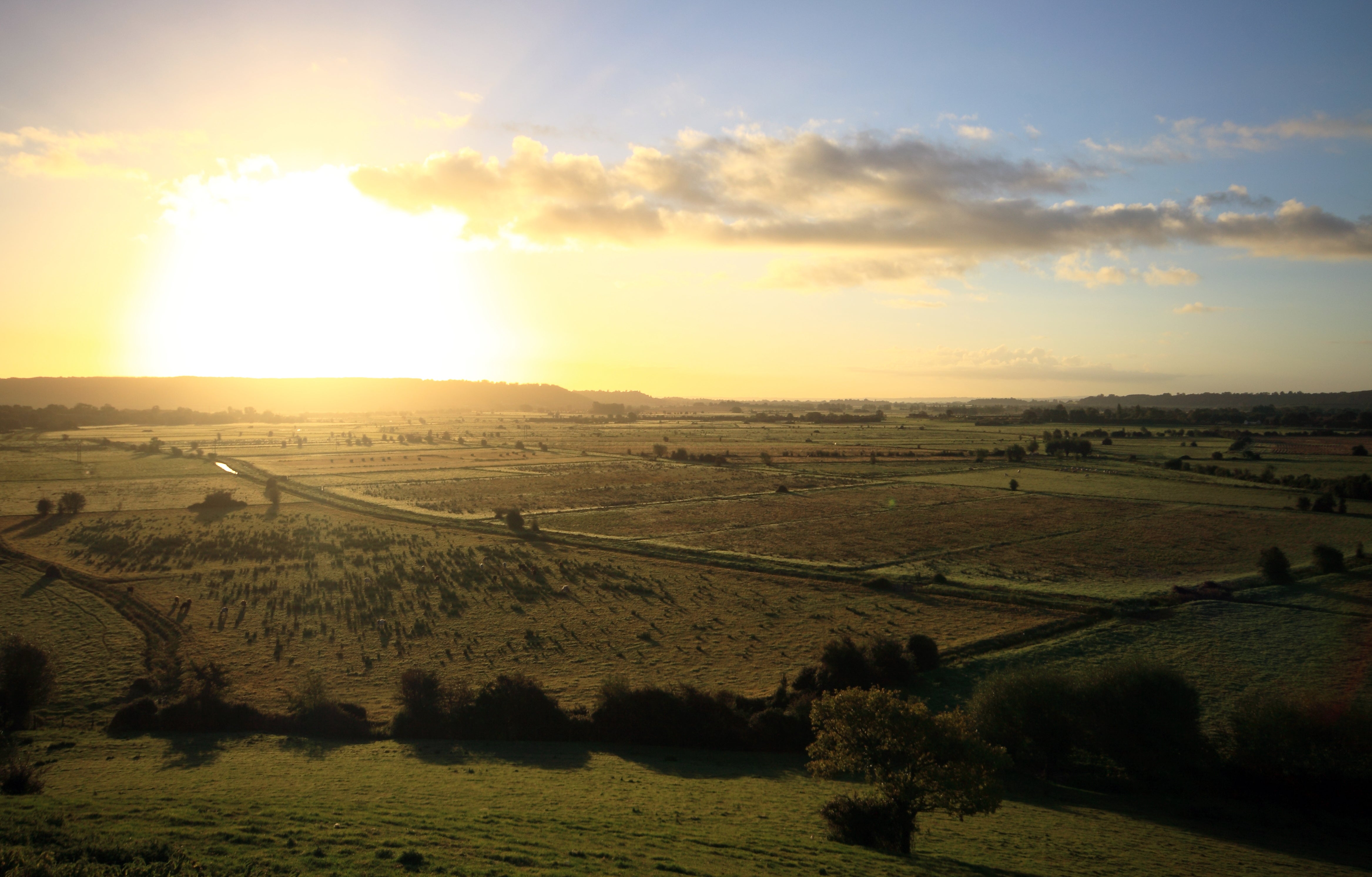‘Super’ nature reserve created across 15,000 acres of wetland, heath and coast
The ‘very large’ National Nature Reserve in Somerset aims to protect habitats and wildlife including bitterns, avocets and insects.

Your support helps us to tell the story
This election is still a dead heat, according to most polls. In a fight with such wafer-thin margins, we need reporters on the ground talking to the people Trump and Harris are courting. Your support allows us to keep sending journalists to the story.
The Independent is trusted by 27 million Americans from across the entire political spectrum every month. Unlike many other quality news outlets, we choose not to lock you out of our reporting and analysis with paywalls. But quality journalism must still be paid for.
Help us keep bring these critical stories to light. Your support makes all the difference.
A new “super nature reserve” is being created across 15,000 acres of the Somerset landscape to protect saltmarsh, heath and wetland habitats.
Government conservation agency Natural England has announced a new Somerset Wetlands “super” National Nature Reserve (NNR) in an area home to rare and threatened species including skylark, bittern and avocet.
The area in the Somerset Levels, Moors and coast is also a significant site for insects including the hairy dragonfly, silver diving beetle, and the UK’s second largest spider, the raft spider.
And it is the second largest area of lowland peat in the UK, providing a significant carbon store.
The move extends the existing NNR by 56% to 6,140 hectares and brings together six reserves and other land managed for nature by partners including Natural England, the RSPB, Somerset Wildlife Trust, Wildfowl and Wetlands Trust, National Trust, Hawk and Owl Trust and the Environment Agency.
The new Somerset Wetlands reserve is only the second “super” NNR to be designated in England, following the creation of Purbeck Heaths, Dorset, in 2020.
It comes on the 70th anniversary of the creation of England’s first nature reserve and is part of efforts to create a “nature recovery network” across the country, to create larger and more joined-up areas for wildlife in the landscape.
Tony Juniper, chairman of Natural England, said: “The creation of this very large National Nature Reserve is an important moment for nature recovery in England.
“This is not least because it presents a practical demonstration of what can be done by working in partnership across the landscape at scale to reverse nature’s decline.
“Natural England intends to encourage other projects with similar ambition.”
He added: “70 years from the creation of our first National Nature Reserves in England, these wonderful places are needed now more than ever, as we face into the challenges of global warming, wildlife decline and reconnecting people with the natural world.”
Environment Minister Rebecca Pow said: “A new super National Nature Reserve will not only protect wildlife and help tackle climate change by restoring peatlands and improving habitats, it will provide people with greater opportunities to visit these beautiful wetlands with consequent spin-offs that will benefit the local economy too.”
Craig Bennett, chief executive of The Wildlife Trusts, said he hoped the announcement would enable more strategic management of land for wildlife.
“Working across whole landscapes is essential to tackling the twin nature and climate crises.
“Super National Nature Reserves provide a great opportunity to engage a wide range of people, including private landowners, to tackle some of the issues affecting our nature reserves that need action to be taken at a landscape scale.
“If we are to achieve nature’s recovery, we need to create and restore wild places across the countryside, giving wildlife the chance it so desperately needs to spread and thrive.
“Natural solutions such wetlands and peat bogs which store carbon are crucial for a healthier future,” he said.